Originally posted March 11, 2010 on www.lisabonchekadams.com
In the wee hours of the morning yesterday I gently nudged Tristan from his deep slumber. At 5:15 we were in the car, headed out for the 2.5 hour drive to Philadelphia’s Shriners Hospital to see his hand surgeon.
These trips are always big ones to me. In the first two years of Tristan’s life we focused on his neck problems. With most of his cervical vertebrae only half-formed or fused together, we knew that we’d be told at these visits whether the curvature in his neck had worsened. At one point we were right on the border of intervention. He’d reached the maximum degree tilt of his head; if it went any more, he’d have needed surgery to insert rods and fuse his vertebrae together to straighten the neck permanently. It would have been big.
To us.
But whenever we go to Shriners we see other kids with orthopedic issues. Some are very serious. The most serious. Because the hospital specializes in pediatric orthopedic problems it is a magnet for complicated cases.
It is always humbling to walk into Shriners. Literally to walk in. Many, many children are wheeled into the hospital, unable to walk. A little baby lay in her car seat without any visible problem. But I knew that her sheep-covered blanket hid an abnormality that had brought anxious parents here.
Tristan had his pre-op appointment. He loves his surgeon; Dr. Kozin has an amazing bedside manner and got right into a great chat with Tristan when my son boldly announced as the doctor walked in, “I burped! And then I shivered!” Gee, I was so proud.
We got all of the details about Tristan’s tendon transfer surgery at the end of the month. Because we didn’t need to see his spinal team or get any x-rays, we were able to be back on the road by 10:15 to come home.
Before we left I stopped at the soda machine. I let Tristan put the money in and press the Diet Coke button. A little boy approached and his father hovered behind, watching him.
“What’s wrong with your son?” he said in that way that people who wait in waiting rooms together say.
“He’s got problems in his neck and thumbs.”
The father announced, “Our son has 7 fingers.”
I looked down, expecting to see 7 fingers on one hand. Instead, he had a perfectly-formed left hand, but his right hand was crab-like, with a thumb and a pinkie, but nothing in between but a wide expanse. “He can do everything with it,” the father said, gesturing at the hand.
He was beaming. Beaming. He was so proud of his son, about 3 years old. And he should have been. While some people might have been sad, or ashamed, this father delighted in his son’s accomplishments and accommodations to his physical abnormality.
Children are so resilient: I say it all the time. My son has taught me so much, made me more observant, more aware of life in so many ways. I am thrilled that the most horrific diagnoses and prognoses we were told about his mental development did not come true. His problems are only physical.
Last night, my Twitter friend Kathleen said that a pediatrician had told her, “Kids think about the things they can do, not what they can’t.” I loved that. It’s true. When kids realize the things they can’t do, their concern is only to find a new way to do that same thing.
I love the folks at Shriners Hospitals. They do amazing work in their network of hospitals for orthopedic, spinal cord, and burn injuries on children. They do not take any money from patients for any services they provide.1 If they accept your case (judged only on the specific problem your child has, and whether they are uniquely suited to help fix the problem, not on economic status) you will never pay a cent for services. I can’t ever resist giving a plug for them because we appreciate their care so much.
We were lost and scared and seeking information when we found out about Tristan’s problems. We’d never heard of spinal fusion surgery and had no clue what we might be in for. To have a surgeon say, “I know what the problem is. I have seen other children with this. If it needs to be fixed I know how to fix it.” Well, those are the words you hang on to as a parent.
In the car on the drive home it hit me how tired I was. I nodded off while Clarke drove and heard Tristan saying, “I want to go back to see Dr. Kozin.”
That’s music to my ears. His ability to be in and out of hospitals, doctors’ offices, and deal well with anesthesia will all help him in his life. With a heart surgeon as a father, and surgeries myself that started at age 5, I’ve never known a time I haven’t been comfortable in hospitals. When I got cancer it served me well.
I wish Tristan hadn’t had these problems, but he does. This is his life. The more comfort I can instill in him about medical care, the better. I think it’s a wonderful life skill to have.
So we have a few weeks until the hand surgery… and then Tristan will get his wish and get to see his surgeon again. We’ll see how he feels about him afterwards…
(to read the next few chapters in Tristan’s hand surgery story please click here)
………………………………………………………………………………..
Original comments appear below
March 11, 2010
7 comments
I do a regular search for items on Twitter related to Shriners and by doing so came across your post about “Walking in, Walking Out”.
Thanks for posting this on your blog. I am a Shriner in Edmonton, Alberta, Canada. Posting stuff like this helps to keep Shriners active – knowing that there’s actual people out there with names, instead of being fed stats that the hospitals helped X amount of children last year and spent X amount of dollars. If they actually get to see the progress that you’ve documented, it means much more.
Hope you don’t mind – I’m now one of your twitter followers.
Thursday, March 11, 2010 – 03:17 PM
Sarah
Tristan is an amazingly strong boy. It obviously runs in the family!
Thursday, March 11, 2010 – 04:06 PM
cay0730
I love these posts about your family. As a childless 40ish person, I love this inner view on the parent-child relationship, and the bond of love that’s beyond anything I can imagine. While the decision was right for me, I honor and admire people who go to the ends of the earth to guide their children through every step of life–good and not-so-good.
Thursday, March 11, 2010 – 06:29 PM
mrswhich
I wish that Tristan and my son could be friends – he sounds like an amazing person. No need to wonder why.
Thursday, March 11, 2010 – 09:59 PM
Touching, thoughtful post! Wonderfully written!
Thursday, March 11, 2010 – 10:37 PM
Theresa
Your post so hit the mark on so many levels. You and I know that children are far stronger than us because we have seen them face problems that most adults can’t handle with such grace and dignity. I always try to remind people of that. When Catherine was diagnosed, I wondered how the doctors could do their jobs with a smile on their faces everyday. It didn’t take me too long to realize that their patients were an inspiration and they drew from that strength. I’m sure everyone at Shriners feels the same way.
Friday, March 12, 2010 – 08:11 AM
I second Sarah’s comment
Friday, March 12, 2010 – 01:14 PM
- only this year did they start accepting third-party payments from insurers. If you do not have insurance or there is money owed after the insurance payment they will write off your balance [↩]

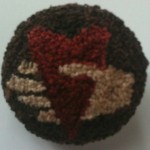
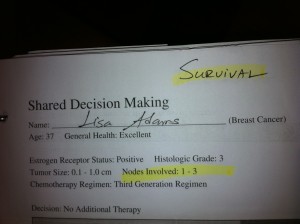

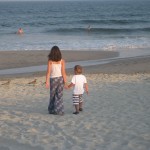
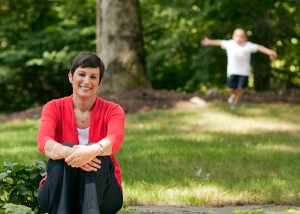
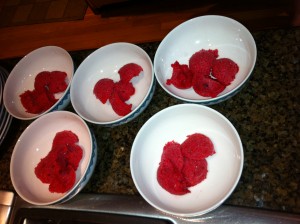
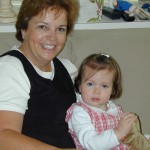
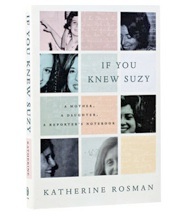
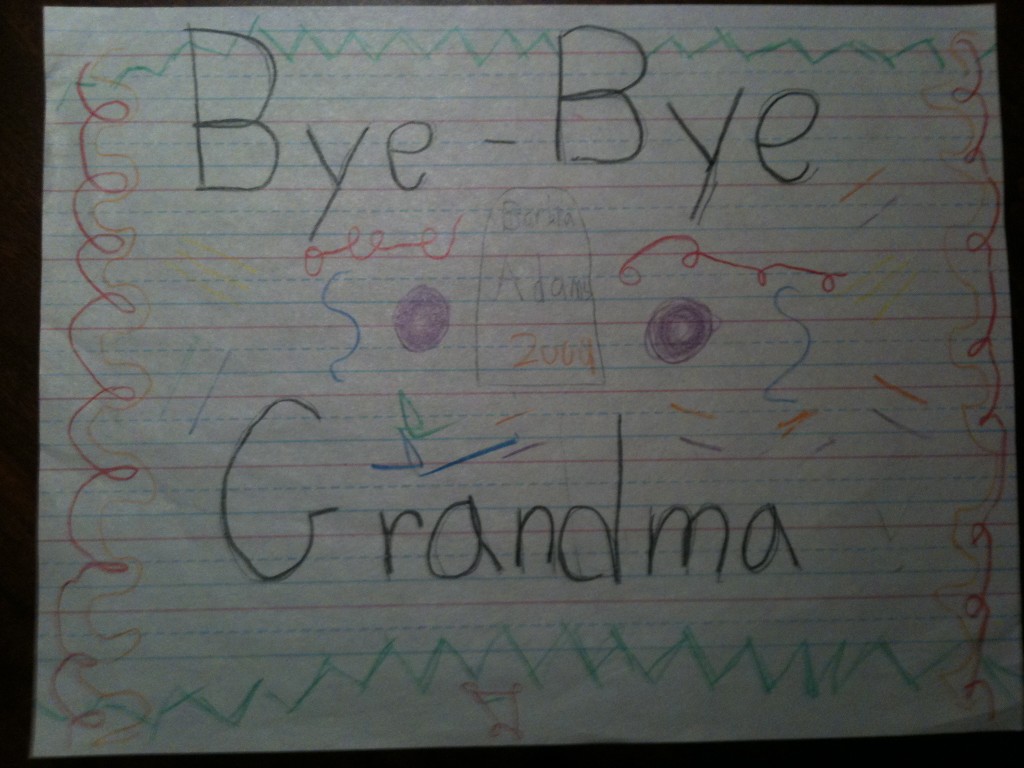
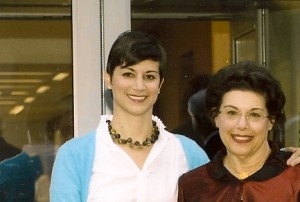
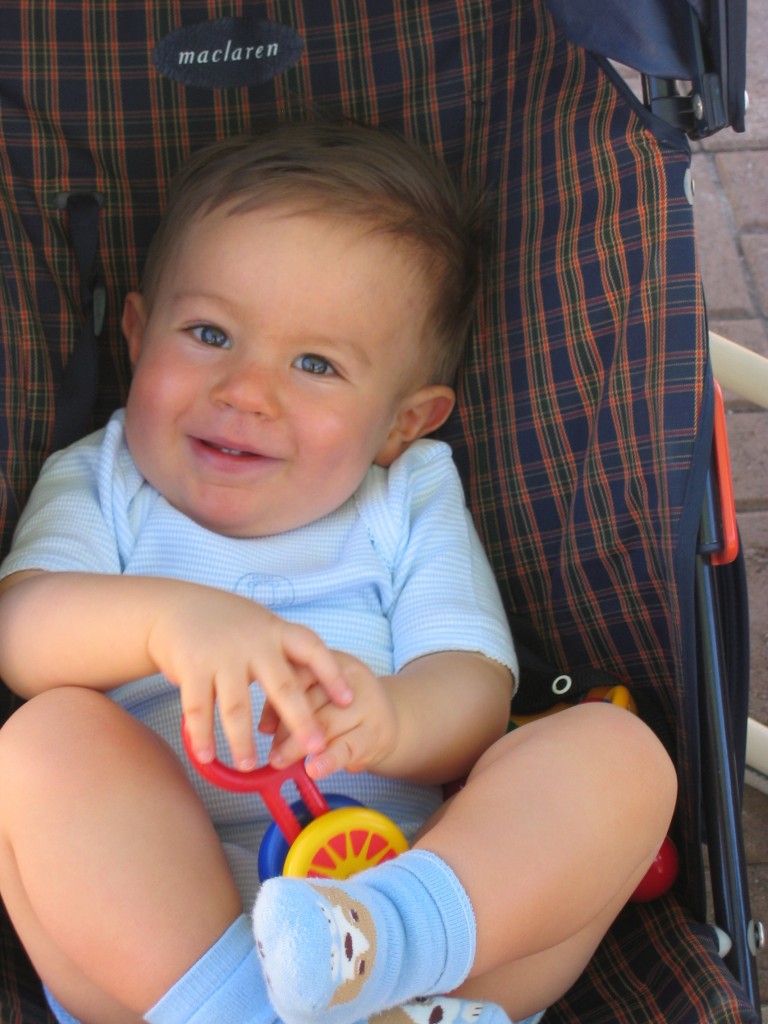
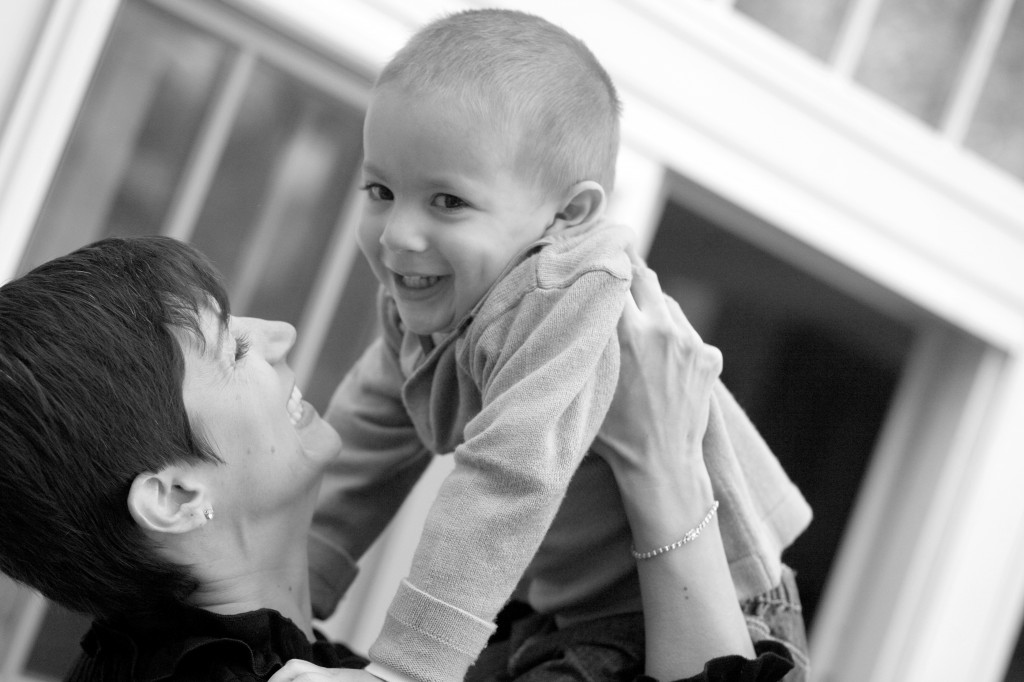
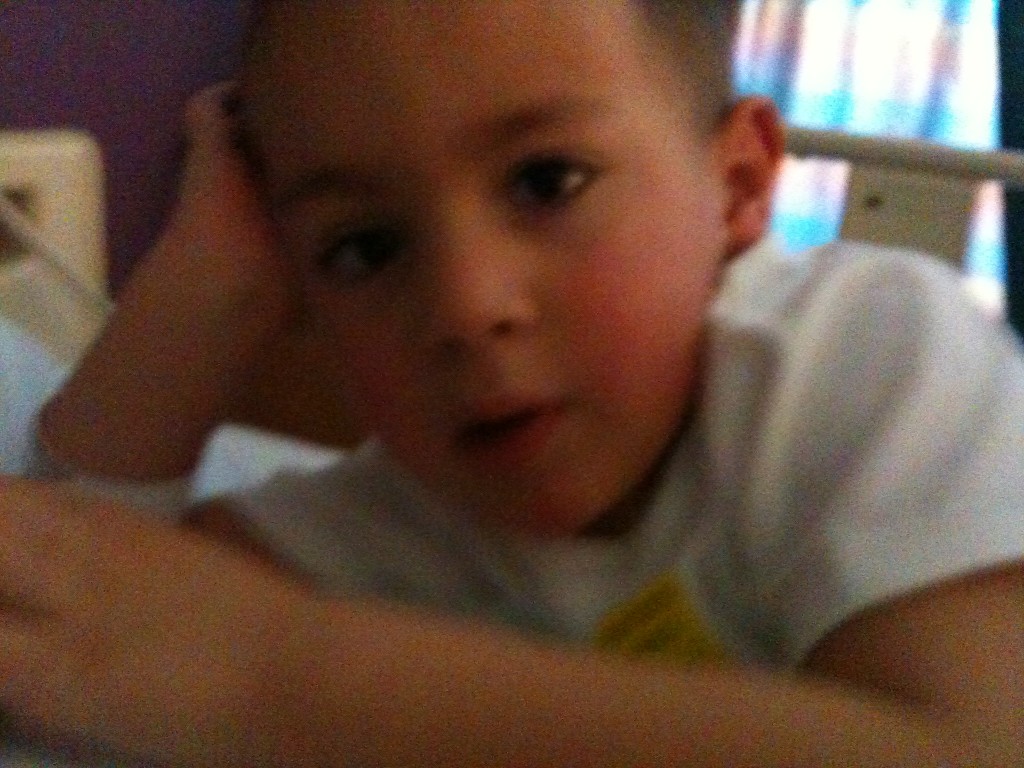
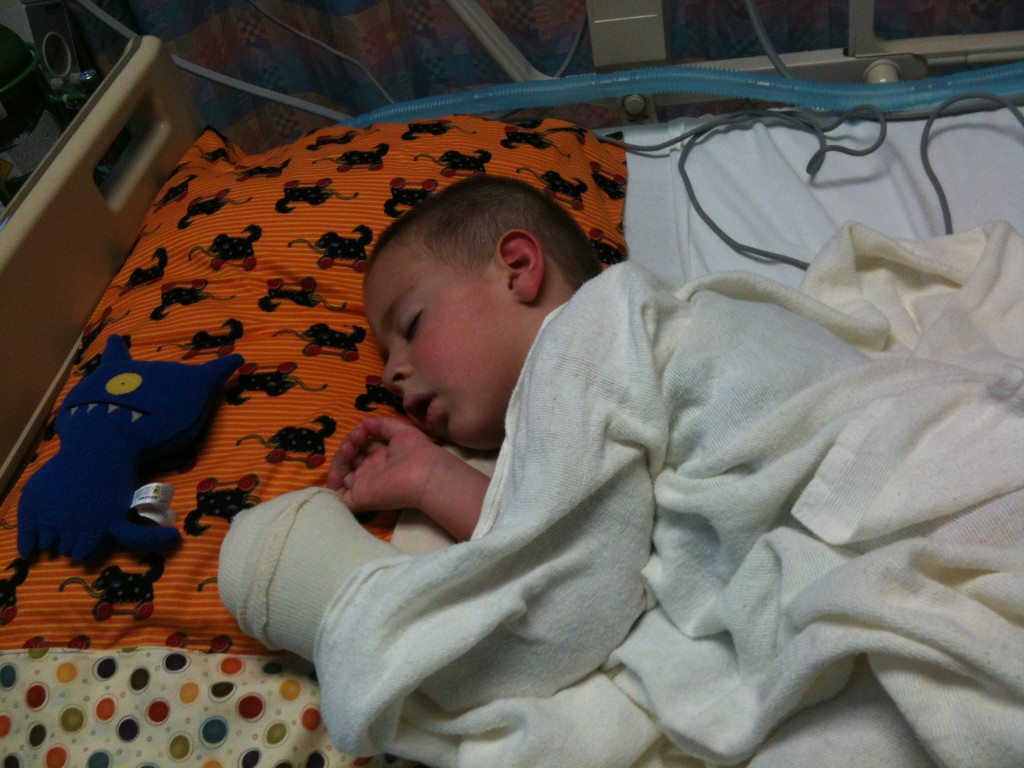
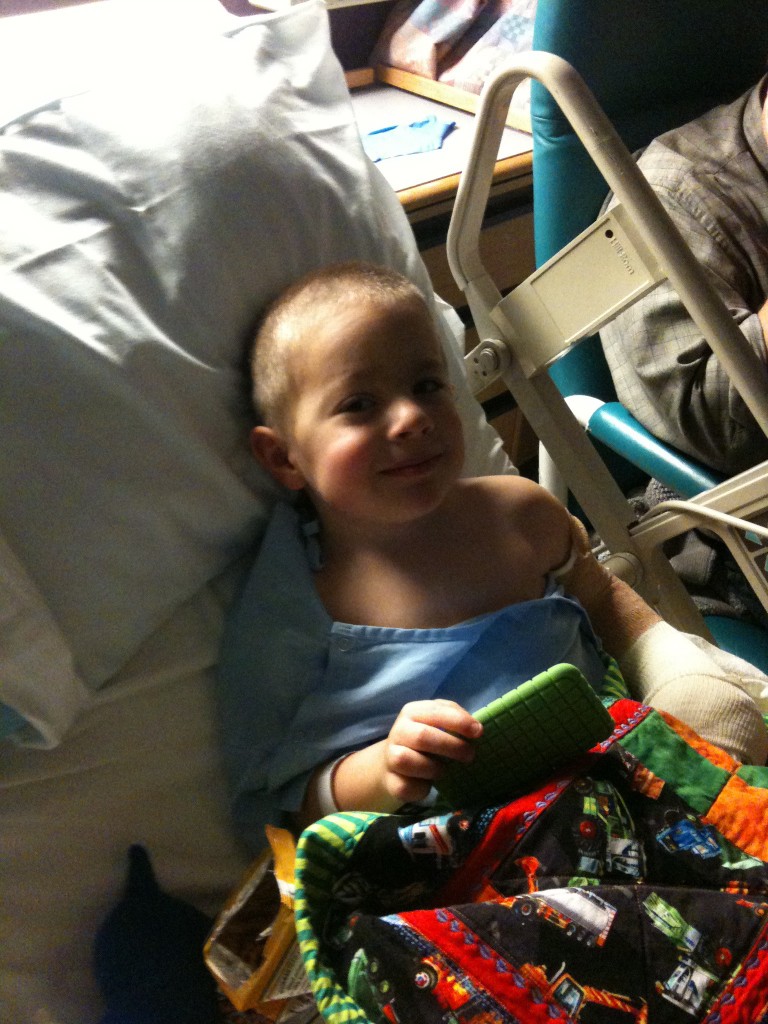
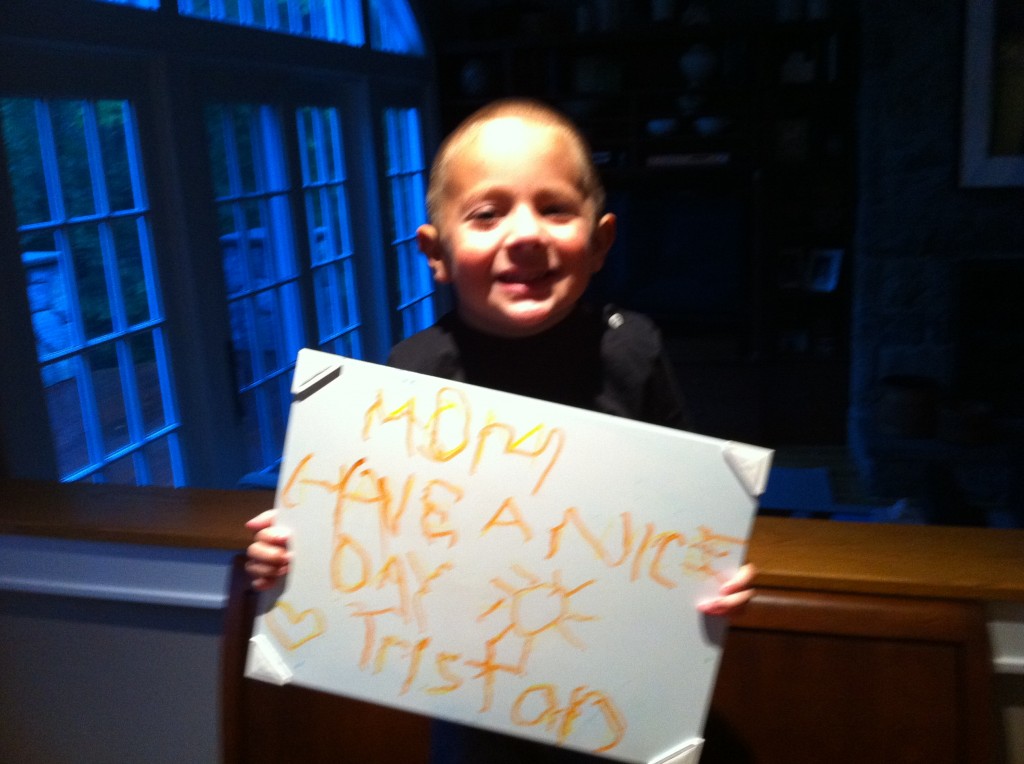
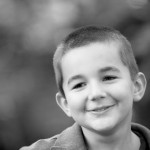
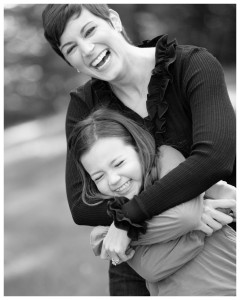
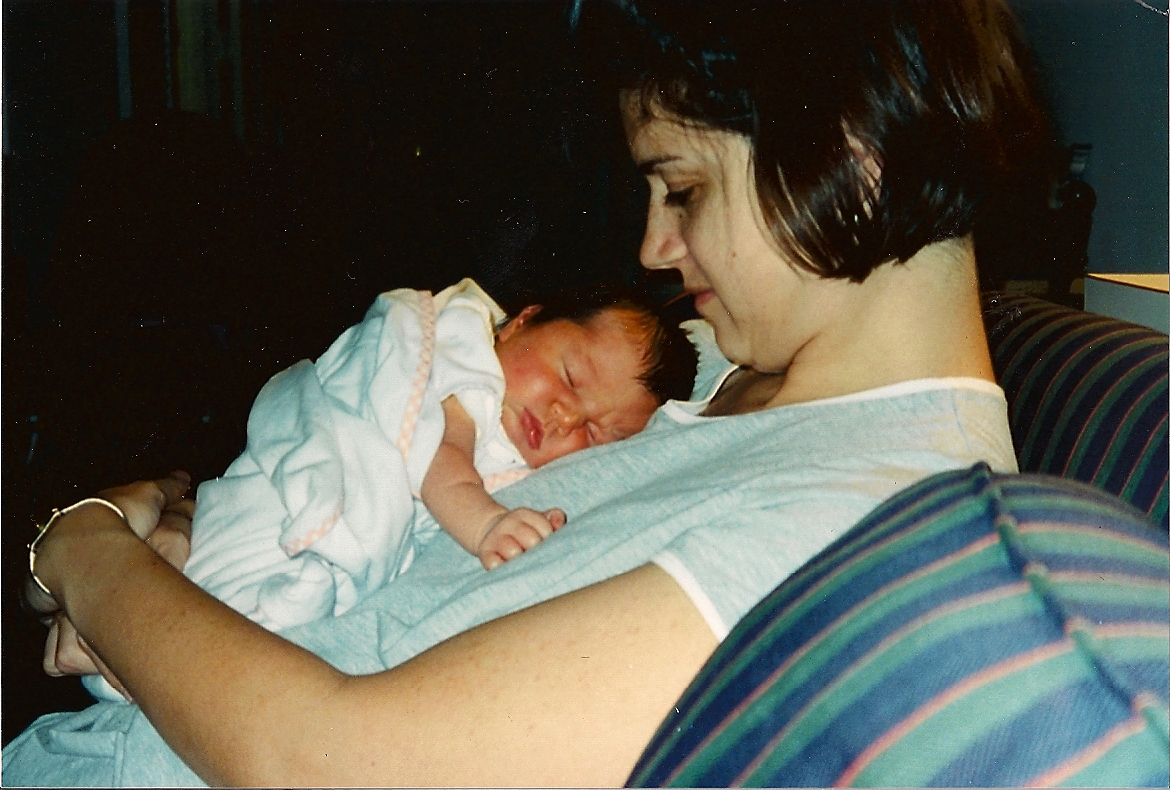
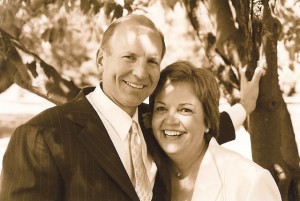
 Link to Twitter
Link to Twitter